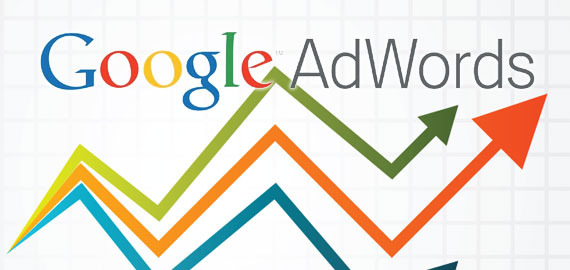Google Adwords – Man Vs. Machine

As visibility in search becomes increasingly valuable, an entire industry has grown up around Google and helping businesses get better positions.
It started with SEO, which was a pretty murky world at best. It was split into two camps, black hat and white hat. The white hat camp was using legitimate methods such as making your website more user friendly, increasing content and giving and getting links from other well optomised sites. The black hat camp exploited loopholes in Google’s algorithm to improve their site’s rankings, despite no value to the user. Black hat was the main tool for hackers, scammers and pirates. Ask Kim Dotcom during his next parliamentary question time, he’ll be a wealth of knowledge on the subject.
Unfortunately Google’s algorithm as clever as it is, could not compete with the power of a human, so every time a loophole was closed, another black hatter would find a new way to make a lotto scam website the top search result for people looking for advice about how to save for retirement.
Google quickly saw the best way to close these loopholes (and make a lazy couple of billion dollars) by introducing AdWords, where an account, managed by a human, would use Google’s technology to provide the best of both worlds for a fair, transparent price. AdWords delivered the transparency and accountability of traditional advertising, with the creativity and reasoning of the human mind and the attention to detail and work ethic of a machine.
What a success! Ask any Google shareholder how they feel about AdWords and what it has done for the technology hegemon. Or ask one of the millions of advertisers that quickly saw AdWords become the main source of website traffic and sales leads for their business.
Now we find ourselves amidst another arms race, similar to that of Google vs. black hatters. But now it’s AdWords Campaign Manager vs. AdWords Campaign Manager. In much larger markets than NZ where advertisers spend millions a month on AdWords, numerous tools have been created by very smart people to give them the edge in the battle to be on page one, position one.
These tools use an algorithm to analyse past data to make predictions about the future. In theory, this would give you an edge as it will advise you on where the opportunities lie and where best to put your budget. The more data you have, the more accurate it will become.
As yet, none of these tools have been developed specifically for the NZ market, and this is important to note when considering any kind of algorithm based search management platform. If you’re getting less than 10,000 visits a day to your website, or spending less than $1,000 a day on AdWords, there is not a lot of benefit these platforms can give you. Because they require a lot of historical data to make any meaningful predictions (think big data) in NZ with our relatively low traffic volumes, it would take months, maybe years for the platform to build up enough data to see you break even. By the time it has enough data to start delivering any kind of noticeable ROI, it will probably be obsolete.
– Gabriel Long, Blackfoot Digital Strategist, 021 733 640